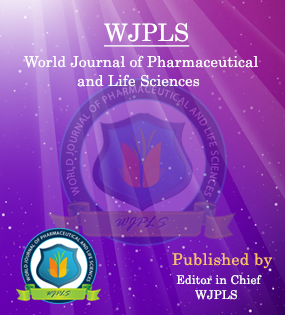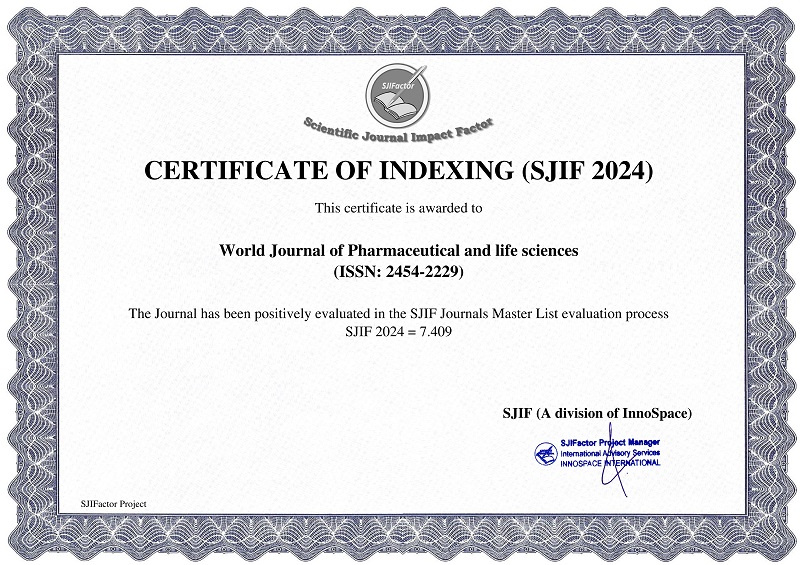Abstract
AYURVEDIC MANAGEMENT OF ASTHIMAJJAGATA VATA WSR CEREBRAL ATROPHY – A CASE STUDY
Dr. Keerthana S.* and Dr. Varsha Kulkarni
ABSTRACT
Background: Geriatric Neurological disorders are the age related heterogeneous diseases that affect the body's autonomic, peripheral and central nervous system seen in the older adults. According to WHO over 20% of adults aged 60 and above suffer from mental or neurological disorders. Degenerative disc diseases (viz., cervical and lumbar spondylosis) and age related brain atrophy are one among them. These diseases can be managed through the asthi majjagatava line of treatment. Brief case report - A 64 years old male, who was not a k/c/o Hypertension / Diabetes Mellitus / Thyroid dysfunction was said to be asymptomatic 2 years back. Then the patient developed pain in Lowback radiating to bilateral lower limbs, pain in bilateral hip joint then gradually developed tremors in bilateral upper limbs and imbalance while walking with an altered gait. Methodology – Brimhana and rasayana therapies were adopted in the form of Shirodhara, Sarvangadhara, Sarvanga abhyanga, shashtikashali pinda sweda and mustadi yapana basti along with shamanoushadhis for a span of 15 days. Results- Significant improvement was noted in the signs and symptoms of the condition. Conclusion – The diseases afflicting brain and spinal cord can be considered under the spectrum of Asthi majjagata vata. This case was treated with the modalities mentioned under the disease context in the classics and found effective in the improvement of the general health status of the patient.
[Full Text Article] [Download Certificate]WJPLS CITATION 
| All | Since 2020 | |
| Citation | 590 | 424 |
| h-index | 12 | 10 |
| i10-index | 17 | 14 |
INDEXING
NEWS & UPDATION
BEST ARTICLE AWARDS
World Journal of Pharmaceutical and life sciences is giving Best Article Award in every Issue for Best Article and Issue Certificate of Appreciation to the Authors to promote research activity of scholar.
Best Article of current issue
Download Article : Click here





